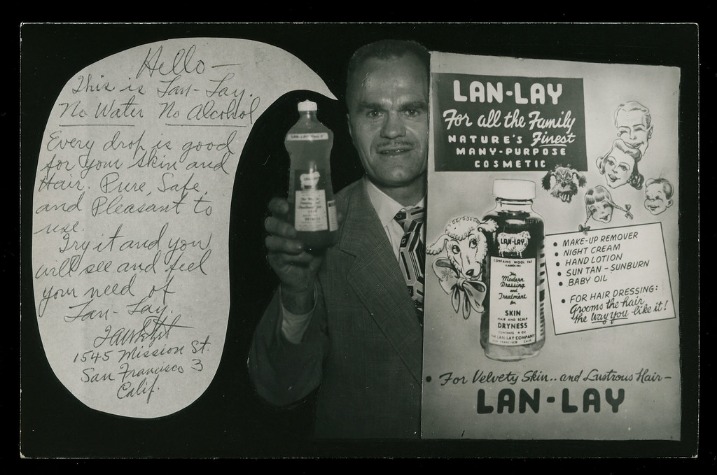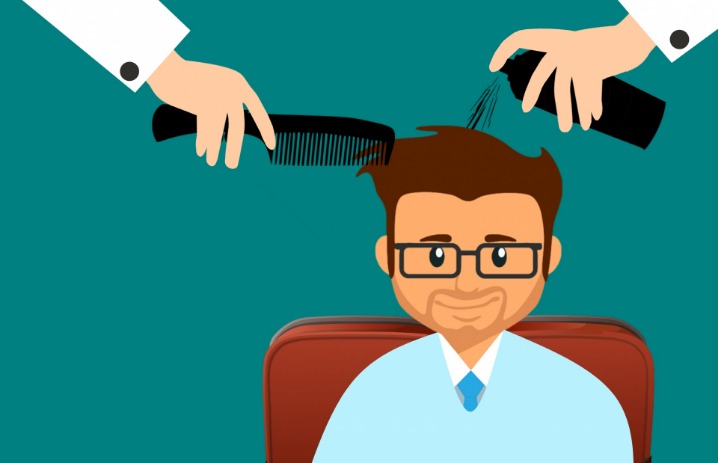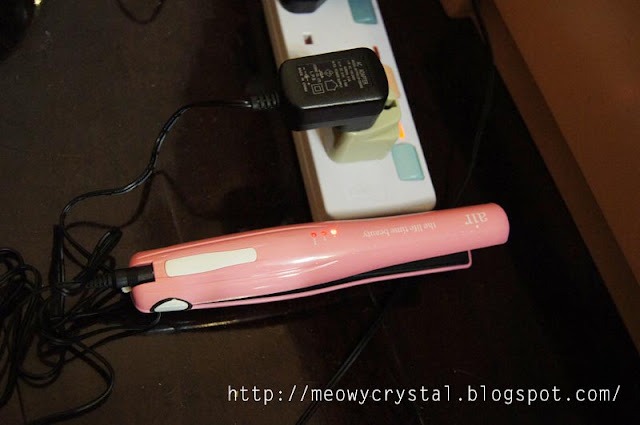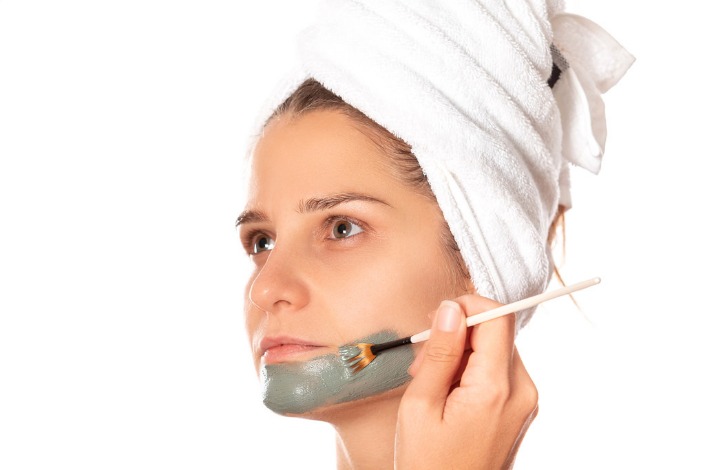Understanding Hair Types and Conditions
Understanding your hair type and condition is essential for achieving healthy, beautiful hair. Recognizing whether your hair is straight, wavy, curly, or coily helps in selecting the right products and treatments. Additionally, assessing your hair’s condition, such as dryness, oiliness, or damage, allows for personalized care routines that promote strength, shine, and overall scalp health. By gaining insights into your hair’s unique characteristics, you can develop effective strategies to maintain its natural beauty and vitality.
Common Hair Types
Understanding different hair types and conditions is essential for effective hair care and treatment. Recognizing your hair type helps in selecting the right products and routines to maintain healthy, shiny hair. Each hair type has unique characteristics that influence how it responds to styling, washing, and treatments.
Common Hair Types
- Straight Hair: Typically smooth, with a natural shine. It tends to get greasy faster and is easier to manage.
- Wavy Hair: Features gentle waves and a mix of straight and curly textures. It often needs more moisture than straight hair.
- Curly Hair: Characterized by visible curls or ringlets. It can be prone to dryness and frizz, requiring extra hydration.
- Kinky or Coily Hair: Very tight curls or coils. It is fragile and tends to be dry, needing rich moisturizers and gentle care.
Identifying Hair Problems
Understanding hair types and conditions is essential for effective hair care and treatment. Different hair types, such as straight, wavy, curly, and kinky, require tailored products and routines to maintain health and appearance. Recognizing whether your hair is oily, dry, or balanced helps in selecting the right shampoos, conditioners, and treatments. Additionally, assessing hair conditions like damage, breakage, or scalp issues can guide appropriate interventions for healthier hair.
Identifying common hair problems such as dandruff, split ends, excessive oiliness, or dryness allows for targeted solutions. Signs of damage may include brittle texture, excessive shedding, or dullness. Addressing these issues promptly through proper hair care routines, using suitable products, and consulting professionals if needed, can restore hair health and improve its overall condition. Regularly monitoring your hair’s response to treatments is key to maintaining vibrant and resilient hair.
Factors Affecting Hair Health
Understanding hair types and conditions is essential for effective hair care and treatment. Different hair types require specific products and routines to maintain health and appearance. Recognizing your hair’s unique characteristics helps in choosing the right maintenance method, preventing damage, and promoting overall hair health.
- Hair Type: Whether your hair is straight, wavy, curly, or kinky influences the way it should be cared for. Each type has different levels of porosity and porosity affects how products are absorbed.
- Hair Texture: Fine, medium, or coarse texture impacts the volume and strength of hair. Fine hair may need lightweight products, while coarse hair benefits from richer, more nourishing treatments.
- Hair Condition: Factors such as dryness, oiliness, damage, or scalp health determine the appropriate treatments to restore or enhance hair quality.
- Genetics: Hereditary factors influence hair thickness, color, and susceptibility to certain conditions like hair loss or scalp issues.
- Environmental Factors: Exposure to sun, pollution, and harsh weather can weaken hair structure and cause damage over time.
- Chemical Treatments: Frequent coloring, straightening, or perming can impair hair integrity, leading to dryness and breakage.
- Diet and Nutrition: Insufficient intake of essential nutrients including vitamins, minerals, and proteins can negatively affect hair growth and strength.
- Stress and Lifestyle: Chronic stress and poor lifestyle habits may lead to hair thinning and scalp problems, impacting overall hair health.
Effective Hair Care Routines
Maintaining healthy and beautiful hair requires a consistent and effective hair care routine. Proper hair care involves understanding your hair type, choosing suitable products, and applying proper techniques to keep your hair strong, shiny, and free from damage. By adopting simple yet effective habits, you can enhance the overall health and appearance of your hair, making it easier to manage and healthier over time.
Daily Hair Care Practices
Establishing an effective hair care routine is essential for maintaining healthy, shiny, and strong hair. Consistency in daily practices helps to prevent damage and promote overall hair vitality. Start by gently cleansing your hair with a suitable shampoo to remove dirt, oil, and product buildup without stripping natural oils. Follow with a conditioner tailored to your hair type to keep strands moisturized and manageable. Avoid overwashing, as this can lead to dryness and scalp irritation; typically, washing two to three times a week is sufficient for most hair types.
Incorporate regular scalp massages using natural oils like coconut or argan oil to stimulate blood flow and nourish the scalp. Before styling, protect your hair from heat damage by applying a heat protectant spray and use tools with adjustable temperature settings. Limit the use of hot tools to prevent breakage and dryness. Gentle towel-drying and reducing the frequency of harsh brushing can minimize breakage; opt for a wide-tooth comb to detangle wet hair carefully. Additionally, trimming split ends every few months encourages healthier growth and maintains a polished look. Proper nutrition, hydration, and avoiding harsh chemical treatments further enhance your hair’s health, making daily care routines an integral part of effective hair treatment.”
Choosing the Right Shampoo and Conditioner
Developing an effective hair care routine begins with selecting the right products tailored to your hair type and needs. This includes choosing a shampoo and conditioner that complement your scalp condition and hair texture to maintain healthy, shiny hair.
When selecting a shampoo, consider your hair type—whether oily, dry, curly, or color-treated—and look for formulas that address those specific concerns. Gentle, sulfate-free shampoos are often recommended to prevent stripping natural oils, while deep cleansing variations suit those needing a thorough cleanse.
For conditioner, opt for hydrating formulas if your hair is dry or damaged, and lightweight, volumizing options if your hair tends to be oily or limp. Conditioners help to nourish, detangle, and protect hair from environmental damage, so applying the right type can improve overall hair health.
Remember to apply shampoo primarily to the scalp and roots, massaging gently to stimulate circulation and cleanse effectively. Conditioner should be focused on the mid-lengths and ends to seal in moisture and reduce breakage. Regularly using the correct products and following a consistent routine will enhance hair strength, shine, and overall appearance.
Frequency of Washing
Establishing an effective hair care routine is essential for maintaining healthy, shiny hair. One of the key factors in this routine is determining the right frequency of washing based on your hair type and scalp condition. Generally, people with oily scalp may need to wash their hair more frequently, around every 2-3 days, to prevent excess oil buildup. Those with dry or curly hair can often wash less frequently, about once a week or even bi-weekly, to preserve natural oils and prevent dryness. Using a gentle shampoo suited for your hair type and avoiding excessive washing can help maintain scalp health and prevent damage. Additionally, incorporating a conditioner and occasional hair masks can enhance moisture retention and overall hair vitality. Adjusting your washing frequency as your hair and scalp respond will help you achieve the best results for healthy, manageable hair.
Hair Treatments and Remedies
Hair treatments and remedies play a vital role in maintaining healthy, shiny, and strong hair. Whether dealing with dryness, dandruff, hair fall, or damage, various approaches can help restore and enhance your hair’s natural beauty. Exploring effective treatments and natural remedies can lead to healthier hair and boost your confidence every day.
Natural Home Remedies
Proper hair care and treatment are essential for maintaining healthy, shiny, and strong hair. Natural home remedies offer an effective and chemical-free way to address common hair problems such as dandruff, dryness, hair fall, and damage. Incorporating these remedies into your routine can enhance hair quality without the risk of side effects.
One popular natural remedy for nourishing hair is coconut oil. Massaging warm coconut oil into the scalp improves blood circulation, hydrates hair strands, and promotes growth. For added benefits, mix coconut oil with a few drops of essential oils like lavender or rosemary. Aloe vera gel is another excellent natural treatment that soothes the scalp, reduces dandruff, and conditions hair. Applying fresh aloe vera juice or gel directly to the scalp and hair regularly can restore moisture and strength.
Eggs are rich in protein and nutrients vital for hair health. Preparing a hair mask by blending eggs with olive oil or honey and applying it to the scalp can strengthen hair, reduce hair fall, and add shine. Additionally, fenugreek seeds soaked overnight and ground into a paste can serve as a hair treatment for dandruff and scalp nourishment. Rinse with warm water after application to achieve soft and manageable hair.
Herbal rinses like those made from neem, amla, or hibiscus leaves can naturally cleanse the scalp, prevent infections, and enhance hair color. Regularly washing hair with brewed herbs or herbal powders helps maintain a healthy scalp environment. Maintaining a balanced diet rich in vitamins and minerals, staying hydrated, and avoiding excessive heat styling are also crucial components of effective hair care routines.
Deep Conditioning Treatments
Deep conditioning treatments are essential for maintaining healthy, shiny, and strong hair. They help repair damage, restore moisture, and improve the overall texture of your hair, making it look vibrant and well-nourished.
- Choose the right conditioner: Select a deep conditioner formulated for your hair type, such as moisturizing for dry hair or strengthening for damaged hair.
- Apply properly: After shampooing, towel-dry your hair and apply the deep conditioner evenly from roots to ends. Focus on the mid-lengths and ends where damage is often worse.
- Use heat for better absorption: Cover your hair with a shower cap and apply gentle heat using a warm towel or a hooded dryer to enhance the treatment’s effectiveness.
- Leave it on for the recommended time: Follow the product instructions, typically leaving the conditioner on for 10-30 minutes for best results.
- Rinse thoroughly: Use cool water to rinse out the conditioner, helping to seal the hair cuticles and lock in moisture.
In addition to commercial treatments, natural remedies like coconut oil, olive oil, and honey masks can provide nourishing benefits. Regular deep conditioning is key to maintaining healthy hair, preventing breakage, and achieving a luscious, vibrant look.
Scalp Treatments
Hair treatments and remedies are essential for maintaining healthy, strong, and lustrous hair. They help address common issues such as dryness, dandruff, hair fall, and scalp irritation. Scalp treatments specifically target the scalp to improve circulation, remove buildup, and promote hair growth. Natural remedies like coconut oil, essential oils, and homemade masks can nourish the scalp and hair follicles, enhancing overall hair health. Regular use of suitable treatments tailored to individual hair types can lead to noticeable improvements in hair texture, strength, and shine.
Styling Tips and Techniques
Enhancing your natural beauty through effective hair care and treatment requires the right styling tips and techniques. Whether you’re aiming for a sleek, polished look or a tousled, carefree style, understanding various styling methods can help you achieve your desired image while maintaining healthy hair. With the right approach, you can tailor your hair care routine to suit your hair type and personal style, ensuring shiny, strong, and beautiful hair every day.
Protective Hairstyles
Protective hairstyles are essential for maintaining healthy hair, especially when it comes to minimizing breakage and promoting growth. Proper styling techniques can help preserve your hair’s health while allowing for versatile looks. Incorporating the right methods not only enhances your appearance but also ensures your hair remains strong and resilient over time.
- Start with clean, well-moisturized hair to prevent dryness and breakage.
- Choose protective styles that don’t pull or stress the scalp excessively, such as braids, buns, or twists.
- Use gentle, non-damaging accessories to secure styles, avoiding tight elastics or metal clips.
- Allow your hair regular periods of rest between styles to prevent tension and breakage.
- Incorporate regular deep conditioning treatments to nourish and strengthen your hair while in protective styles.
- Cover your hair with satin or silk scarves and pillowcases during sleep to reduce friction and moisture loss.
- Maintain a balanced diet rich in vitamins and minerals to support hair growth from within.
Heat Styling Precautions
Proper styling and heat styling precautions are essential for maintaining healthy hair and achieving the desired look without causing damage. Using the right techniques can enhance your hair’s natural shine and texture while protecting it from heat-related harm.
When it comes to styling tips, always start with clean, well-conditioned hair. Apply heat protectant spray before using any heat tools like straighteners, curling irons, or blow dryers. Use the lowest effective heat setting to minimize damage and avoid prolonged exposure. To create volume or curls, section your hair and work in small parts to ensure even styling. Finish with a light hold hairspray or serum to set the style and add shine.
Heat styling precautions are vital to prevent hair breakage and dryness. Limit the frequency of heat styling sessions to allow your hair to recover. Avoid continuous or excessive heat application; instead, take breaks between sessions. Regularly replace or maintain your heat styling tools to ensure they operate safely and efficiently. Deep conditioning masks and treatments can help replenish moisture and strengthen hair that has been exposed to heat styling. Remember, prioritizing gentle techniques and protective products will keep your hair healthy and styled beautifully.
Managing Hair Damage
Proper styling tips and techniques can enhance the natural beauty of your hair while minimizing damage. Always start with a heat protectant before using tools such as straighteners, curling irons, or blow dryers to shield your strands from high temperatures. Use the lowest heat setting necessary to achieve your desired style and avoid frequent heat styling to prevent weakening the hair shaft.
When styling, opt for gentle methods like braiding or using rollers instead of excessive teasing or tight hairstyles that can cause breakage. Incorporate natural remedies and leave-in conditioners to nourish your hair, making it more resilient to styling stress. Regularly trimming split ends helps prevent further damage and keeps your hair looking healthy and polished.
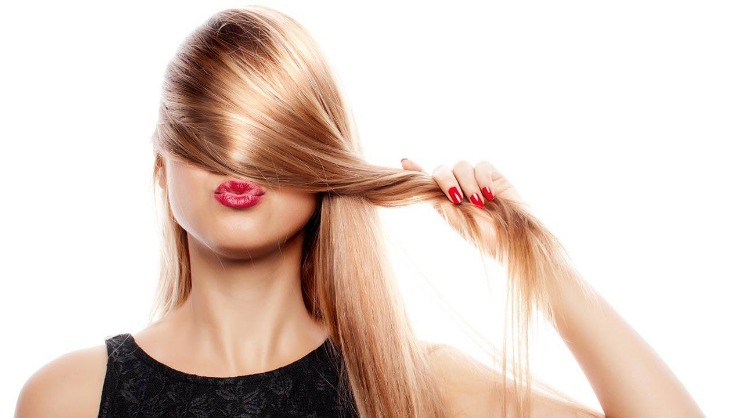
Managing hair damage involves deep conditioning treatments once a week to restore moisture and strengthen weakened strands. Limit the use of harsh chemical treatments like bleaching and coloring, and always seek professional advice for chemical processes. Maintaining a balanced diet rich in vitamins and minerals supports overall hair health, reducing the likelihood of damage caused by external factors.
Dealing with Hair Loss and Thinning
Experiencing hair loss and thinning can be a distressing journey for many, impacting self-confidence and overall well-being. Understanding the causes and exploring effective hair care and treatment options can help restore healthier, thicker hair. With advances in hair care products and medical solutions, there’s hope for those seeking to address these common concerns and improve their hair health.
Causes of Hair Loss
Dealing with hair loss and thinning can be a challenging experience, but understanding the underlying causes is essential for effective treatment. Hair loss can be influenced by a variety of factors, including genetics, hormonal changes, nutritional deficiencies, stress, and medical conditions. It is important to identify the root cause to determine the appropriate hair care and treatment strategies.
Common causes of hair loss include androgenetic alopecia, also known as pattern baldness, which is hereditary and affects both men and women. Hormonal imbalances, such as those caused by pregnancy, menopause, or thyroid issues, can also lead to hair thinning. Nutritional deficiencies, especially lack of iron, vitamin D, and biotin, can weaken hair and cause shedding. Additionally, stress and certain medical treatments like chemotherapy can result in temporary or permanent hair loss. Proper diagnosis and targeted treatments, including medications, lifestyle changes, and specialized hair care routines, can help manage and improve hair health.
Medical Treatments and Medications
Dealing with hair loss and thinning can be a challenging experience, but there are various medical treatments and medications available that can help restore hair health. Consulting with a healthcare professional or dermatologist is essential to determine the underlying cause and the most effective course of action. Medications such as minoxidil and finasteride are commonly prescribed to promote hair growth and slow down hair loss. In some cases, laser therapy or platelet-rich plasma (PRP) treatments may be recommended for further stimulation of hair follicles. It is important to follow a tailored treatment plan and to maintain a healthy scalp environment through proper hair care practices. Additionally, addressing underlying factors such as stress, nutrition, and hormonal imbalances can significantly improve treatment outcomes. Regular check-ups and adherence to prescribed medications can enhance the chances of achieving beneficial results in managing hair thinning and loss.
Natural Alternatives for Hair Regrowth
Dealing with hair loss and thinning can be an emotionally challenging experience, but there are natural alternatives that may help promote hair regrowth. Incorporating nutrient-rich foods, herbal remedies, and gentle hair care practices can support healthier hair growth without harsh chemicals. Essential nutrients such as biotin, zinc, and vitamins A, C, and E are vital for maintaining hair strength and stimulating follicles. Natural oils like castor oil, rosemary oil, and coconut oil can nourish the scalp, improve circulation, and encourage new hair growth. Additionally, herbal treatments including saw palmetto and nettle extract have been used traditionally to inhibit hormone-related hair loss. Gentle scalp massages and reducing heat styling can also prevent further damage, creating an optimal environment for hair to regrow naturally. Adopting a holistic approach combining proper diet, natural remedies, and gentle hair care routines can be effective in managing hair thinning and supporting natural hair regeneration.
Nutrition and Lifestyle for Healthy Hair
Maintaining healthy hair requires a holistic approach that combines proper nutrition and an active lifestyle. The nutrients we consume play a vital role in strengthening hair follicles and promoting growth, while an overall healthy lifestyle supports optimal hair health. By focusing on a balanced diet and incorporating good habits, you can enhance the natural shine and vitality of your hair, making it look beautiful and resilient.
Essential Nutrients for Hair Health
Maintaining healthy hair requires a combination of proper nutrition and a balanced lifestyle. Essential nutrients play a vital role in promoting hair growth, strength, and overall health. Incorporating a variety of nutrient-rich foods into your diet can significantly improve the condition of your hair. Regular exercise, staying hydrated, and managing stress levels also contribute to healthy hair by supporting optimal circulation and minimizing hair fall caused by stress or hormonal imbalances.
Impact of Stress and Sleep
Maintaining healthy hair requires a balanced approach to nutrition and lifestyle habits. Consuming a diet rich in vitamins and minerals such as biotin, zinc, iron, and vitamins A, C, and E can promote strong, shiny hair. Incorporating protein-rich foods supports hair growth and repair, while staying hydrated ensures the scalp remains moisturized. Regular physical activity improves blood circulation, delivering essential nutrients to hair follicles and supporting overall hair health.
Stress and sleep play a significant role in the health of your hair. High stress levels can lead to hair thinning or hair loss by disrupting the hair growth cycle and triggering hormonal imbalances. Managing stress through techniques such as meditation, yoga, or hobbies can help maintain healthier hair. Adequate sleep is equally important, as it allows the body to repair and regenerate cells, including those in hair follicles. A consistent sleep schedule and good sleep hygiene can reduce hair problems associated with fatigue and stress, promoting thicker, more resilient hair.
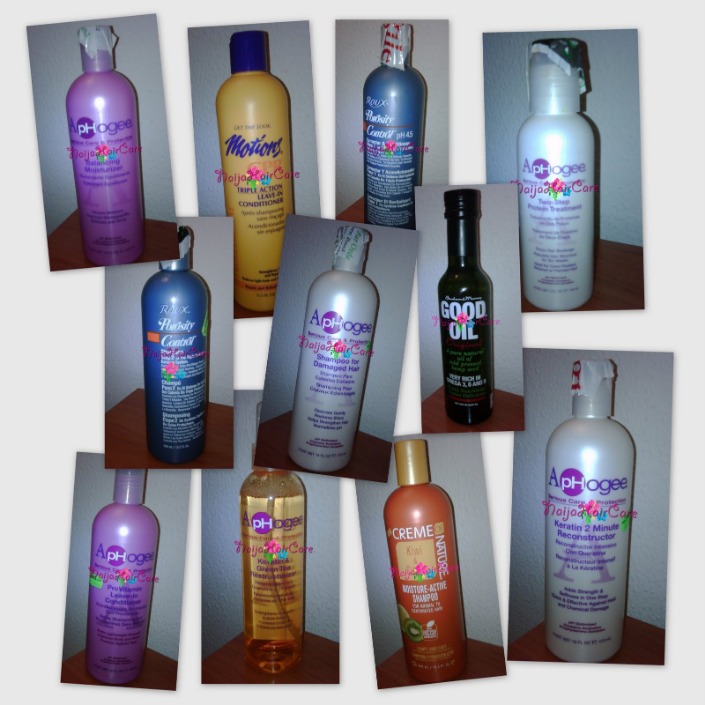
Lifestyle Habits to Promote Hair Growth
Maintaining a balanced diet and adopting healthy lifestyle habits are essential for promoting healthy hair growth. Proper nutrition provides the necessary vitamins and minerals that support hair strength and prevent hair loss. Incorporating foods rich in biotin, vitamins A, C, D, E, zinc, iron, and omega-3 fatty acids can significantly improve hair health.
Staying well-hydrated by drinking plenty of water helps keep the scalp moisturized and stimulates hair growth. Regular exercise improves blood circulation, ensuring that nutrients reach the hair follicles more effectively. Avoiding excessive stress through mindfulness practices or meditation can also prevent hair shedding caused by hormonal imbalances.
Proper hair care routines, such as gentle washing, using suitable hair products, and minimizing heat styling, complement a healthy lifestyle. Getting adequate sleep is vital for cellular repair and overall health, which directly impacts hair vitality. Combining these lifestyle habits with a nutritious diet creates optimal conditions for strong, lustrous hair.
